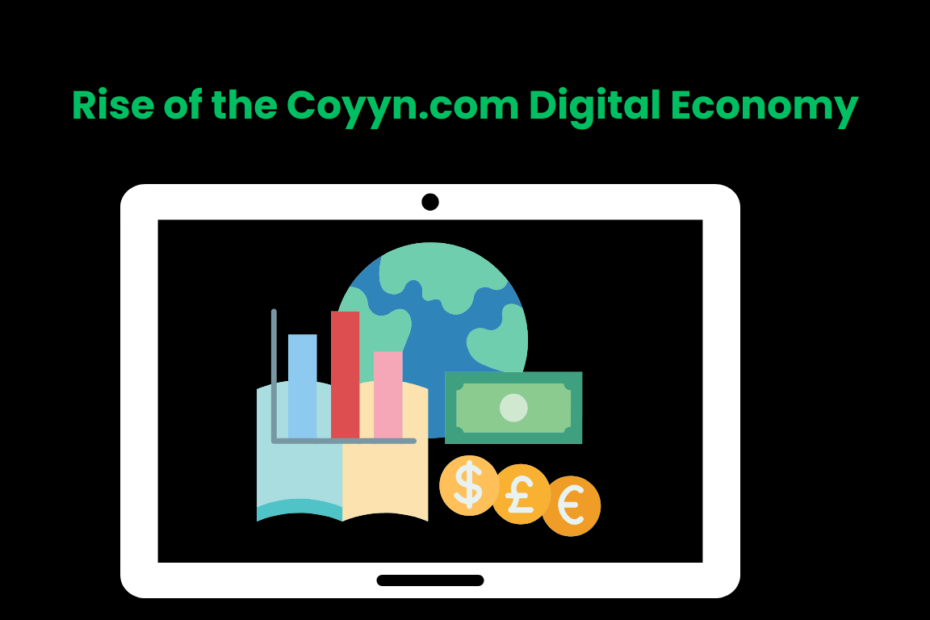The ability to navigate complexities and make informed decisions is crucial for success. Acumen, a term often used to describe sharpness of mind or keenness of insight, is a valuable asset for individuals and organizations alike. In this article, we will delve into the concept of acumen, exploring its definition, types, and importance, as well as strategies for cultivating and leveraging it.
Defining Acumen
Acumen refers to the ability to make quick, accurate, and informed decisions in complex situations. It involves a combination of critical thinking, analytical skills, and practical experience. Acumen is not just about being book-smart; it’s about being able to apply knowledge in real-world scenarios.
Types of Acumen
There are several types of acumen, including:
-
Business Acumen: The ability to understand and navigate the business world, making informed decisions that drive results.
-
Financial Acumen: The ability to manage and make decisions about finances, investments, and resources.
-
Strategic Acumen: The ability to develop and implement effective strategies, aligning with organizational goals.
-
Social Acumen: The ability to understand and navigate social dynamics, building strong relationships and networks.
Importance of Acumen
Acumen is essential in today’s complex and rapidly changing environment. It enables individuals and organizations to:
-
Make Informed Decisions: Acumen helps navigate uncertainty, making informed decisions that drive results.
-
Stay Ahead of the Curve: Acumen enables individuals and organizations to anticipate and adapt to changes in their industry or market.
-
Build Strong Relationships: Acumen fosters strong relationships, built on trust, understanding, and effective communication.
-
Drive Innovation: Acumen encourages creative problem-solving, driving innovation and growth.
Cultivating Acumen
Acumen can be developed and strengthened through:
-
Experience: Hands-on experience and learning from failures and successes.
-
Education: Formal education and training programs that focus on developing critical thinking and analytical skills.
-
Mentorship: Guidance from experienced professionals who can share their expertise and insights.
-
Self-Reflection: Regular self-reflection and assessment, identifying areas for improvement.
Leveraging Acumen
To leverage acumen effectively:
-
Stay Curious: Maintain a curious mindset, seeking out new knowledge and experiences.
-
Stay Adaptable: Be open to change and willing to pivot when necessary.
-
Stay Focused: Prioritize goals and objectives, maintaining a clear sense of direction.
-
Stay Accountable: Hold yourself and others accountable for decisions and actions.
Conclusion
Acumen is a valuable asset in today’s complex world. By understanding its definition, types, and importance, individuals and organizations can cultivate and leverage acumen to drive success. Remember to stay curious, adaptable, focused, and accountable, and always be willing to learn and grow. With acumen, navigate complexities with confidence and make informed decisions that drive results.



